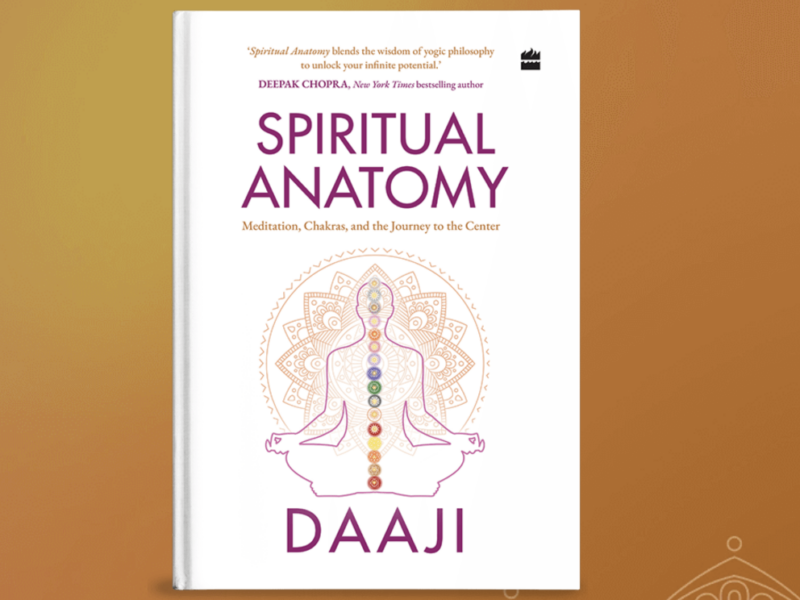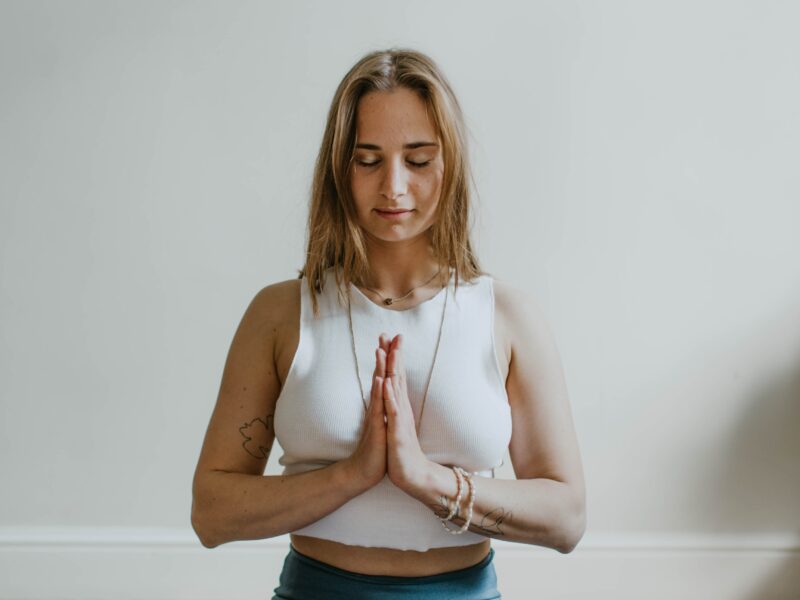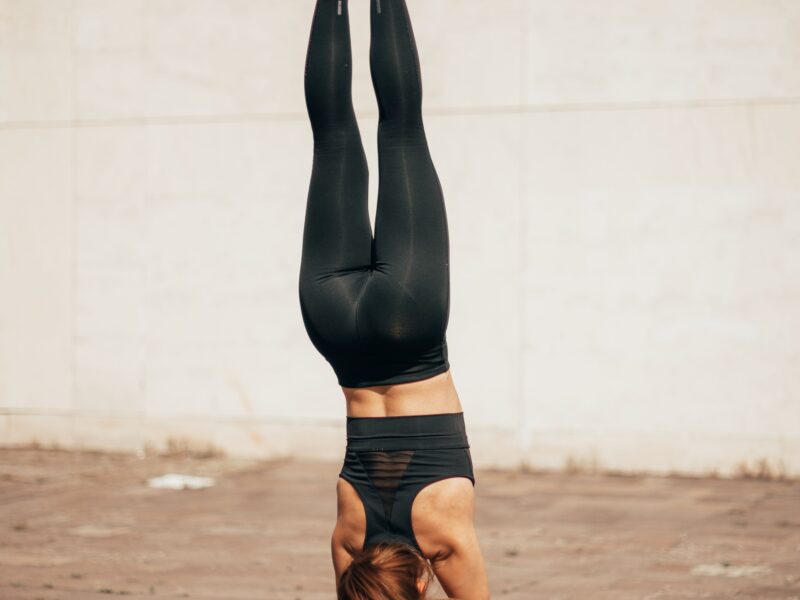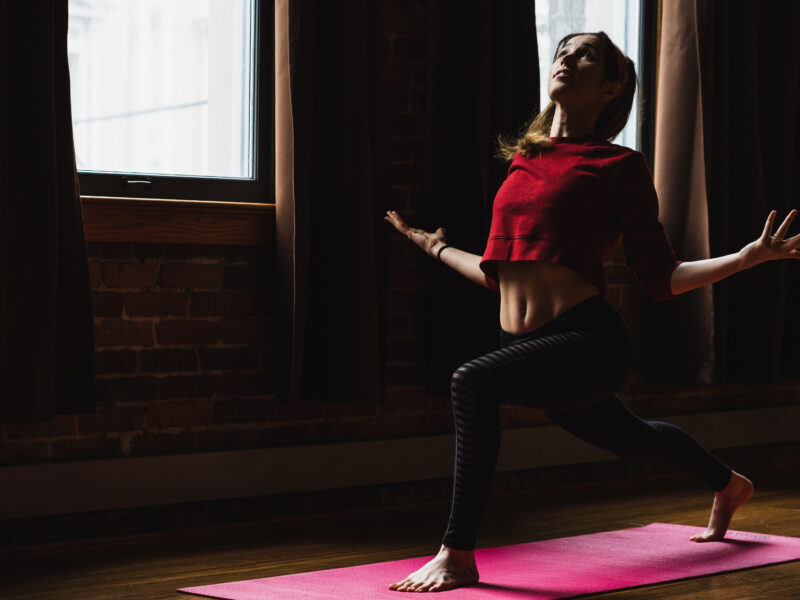In this excerpt from her new book Deep Listening, Jillian Pransky offers a practice for creating space to let yourself be just as you are.
When I was growing up, my father was not an easy person to be around. He was the guy who’d drive 100 miles per hour on Main Street, cutting people off. He would walk into the house after work holding a gum wrapper he’d found on our driveway, and my brothers and I would brace ourselves for his fury—and our punishment. My father controlled everything in our house, from the thermostat to the emotional climate. I learned early on how important it was to yield to him.
The conversations I had in my mind about my father took up a lot of my thinking time. This dialogue felt urgent and true, but more important, it became “me.” My “story” developed—the one where I must not be good enough, and to get my father to pay me the kind of loving attention I wanted, I had to be better. I pushed myself daily—in sports, in school, at my job. I spent all my time achieving, and these achievements became who I was in the world.
We’re often not consciously aware of these old foundational conversations that live inside us—how they define us, and how they often control us. I certainly wasn’t. It wasn’t until I started the practice of Deep Listening that I learned how to respond differently to the story in my head; for the first time, I learned how to truly relax and just listen to my body.
Over the past 25 years, Deep Listening has helped me recover from injuries, illness, and grief. It has helped me better understand my challenging relationships and become closer to the people who are important to me—including my father. Through teaching this practice, I’ve discovered a number of things. Namely:
- Most of us are used to living life as a series of reactions to what’s going on around us.
- Most of us feel stressed and overwhelmed much of the time.
- Most of us live with tension in our body that is wreaking havoc on our health.
- Most of us suffer from anxiety and don’t know why it arises.
- Most of us carry around powerful emotional narratives—the “stories” we tell ourselves about our undigested pain—and we’re not sure how to heal those hurts from the past.
- Most of us don’t understand how to change the habits that keep us stuck.
- And most of us don’t know how to be gentle, kind, and compassionate with ourselves—the conditions that allow us to evolve.
But the truth is, stress is not really the problem. The problem is that we need to respond differently—not only to stress but to anything that makes us uncomfortable. We need to make space so we can respond differently. And most of us have no idea how to do that.
Making Space Versus “Letting Go”
Creating space is different from “letting things go.” I once believed I needed to let go of certain things, because I thought the stuff I was holding on to must be “bad” parts of me. That perspective reinforced the idea that I had to get rid of something or I wouldn’t be okay. It felt like a little war was going on inside me.
I am no longer fond of the concept of letting things go because it implies that we need to eliminate something from our life, and that idea can create more tension. The truth is, we are all a walking summary of our life experiences—everything we’ve taken in, good and bad.
So instead of trying to “let things go,” I invite students to “let things be.” This is the attitude from which we can make space. Rather than pushing parts of us away, we are instead creating an environment that allows us to simply loosen our grip. We don’t have to fix anything. All we’re doing is bringing tender, nonjudgmental attention to our body and making room for whatever is living there. This is how the process of sustainable change begins.
Nothing ever goes away
until it teaches us
what we need to know.
—Pema Chödrön
Try This Practice for Making Space
Take a moment to gather yourself here.
Let your body land on the ground.
Let your breath arrive in your body.
Let your mind rest on your breath in your body.
Here, now.
Welcome the breath with a receptive belly.
Your breath will gently unravel the tension it meets.
Your breath will tenderly expand you inside.
Allow your breath to unwind you,
unfurl you.
Let yourself be opened by your breath.
Allow your breath to rise and fall.
Let it flow in and out of you,
on its own,
softening everything in its path.
Expanding you.
You’re bigger than you think you are.
Adapted from the book, Deep Listening, by Jillian Pransky. Reprinted with permission from Rodale.
by Jillian Pransky







